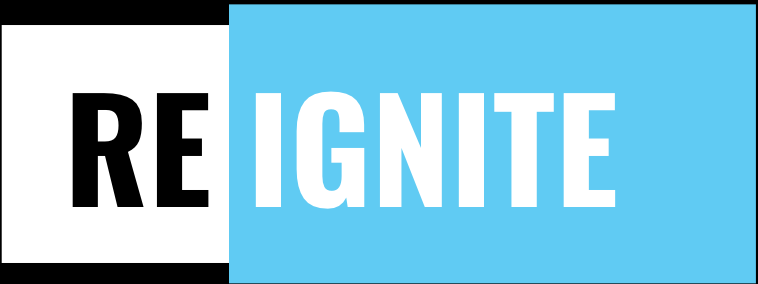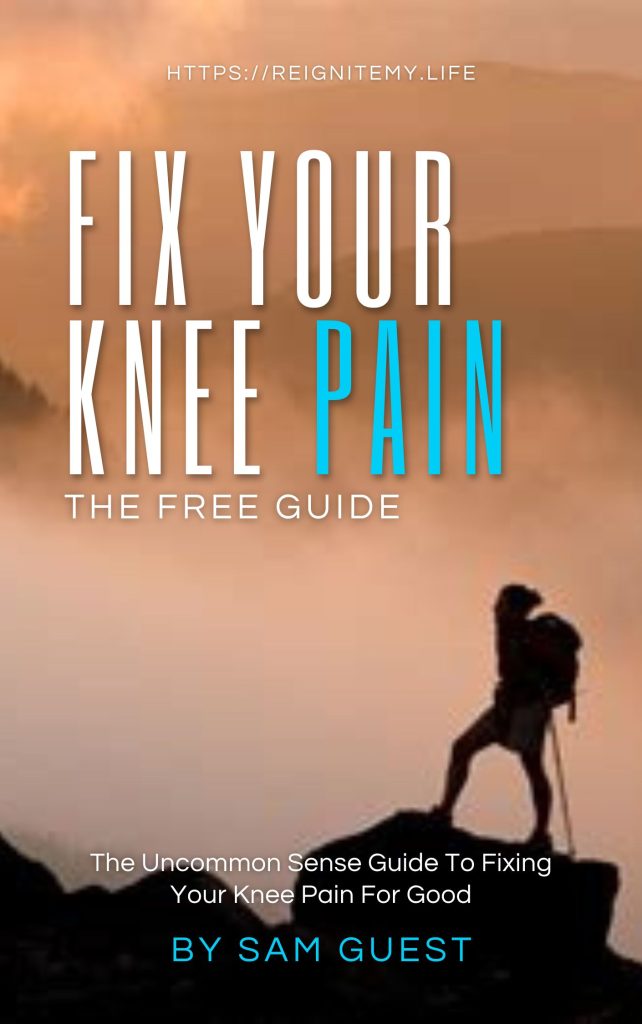Lesson #1 – Whatever you think you should be doing, do the opposite and you won’t be far wrong
My guiding principle when teaching beginners to kite was:
“Whatever feels right to you, whatever feels like common sense…do the opposite and you’ll often be right.”
- Pulling the bar? You should be pushing it.
- Walking towards the kite? You should be walking away from it.
- Using lots of speed to go upwind? Try slowing right down.
The list goes on and on…
A lot of things in life seem like common sense.
Which serve you well if you want common results.
If you want uncommon, extra ordinary results you have to do the opposite.
- Want more energy? Eat less.
- Want to be more productive? Work shorter hours and daydream more.
- Want to be a better speaker? Listen more.
Uncommon sense trumps common sense every time.
Lesson #2 – How to improve at anything (and whinge less about doing it)
I was teaching Mark to kite in Tarifa back in 2017.
Mark was a natural sportsman, an alpha male and a very clever bloke.
He was also struggling to get up on the board.
After a few attempts we were walking back up the beach when he started telling me,
“You’ve given me the wrong kite…I should have a bigger one…and longer lines.”
“Oh?” I replied, “Why’s that?” I had very good reasons for not doing these things all in Mark’s interest but he persisted.
After his 13th failed attempt (and his ever more aggressive insistence on telling me how I should be doing my job)…
I decided to prove a point and gave him the kite he was after.
For the next 10 minutes I watched as he was flung around like a rag doll (deep in the sea thank fully) lost his board, and had to be rescued by the boat who thoroughly berated him (and me) for being such idiots.
I politely inquired if he wanted to go back to the smaller kite…
I tell you this not to gloat at my superior skills as an instructor (well maybe a little bit) but to highlight a concept…
The information we need is not available. The information we want is not what we need. The information we have is not what we want.
John Peers
We NEVER have the information needed to fully understand a situation.
We are exposed to 4 billion bits of information every second. Your brain only processes about 2000 of them. The rest it ignores (otherwise you’d go crazy).
It then takes these 2000 bits and builds a representation of that information which is what we experience.
This means our world is created from models dreamt up by our brain to represent the real world.
It also means these models are at best partial truths (remember we’ve filtered out close to 4 billion bits of data in building our representation).
The nearer we can bring these models to the reality of what is actually happening the better the results we are going to get.
So we must constantly be questioning these models if we are to improve at anything.
So if your model of the world tells you:
You are a natural athlete who is good at sports (like Marks)
When you hit a situation where this isn’t true rather than question the model you will look for external factors.
In Marks case this led him to question the kite, the board, the lines, the instructor.
He failed to adopt a beginners mindset.
Failed to accept that his model in this area was highly incomplete and so he should constantly be on the lookout for ways to improve his model.
In the end this meant he gave up kiting and went back to playing football, something he knew he could already do.
- Accept that your model of what you’re trying to achieve is incomplete.
- Constantly work to bring your model closer to the actuality of the real world.
- Repeat…forever.
That is the key to mastery.
I use all these principles in my coaching which you can have a look at here if you’re interested >>
Lesson #3 – Your Brain Is Holding You Back, You Have To Use The Force
This one took me the longest time to realise…
I believe that kitesurfing is the most complicated sport on the planet to learn. Nothing else has so many variables to master (wind, waves, currents, the kite, the board, balance, counterbalance). Most of which you can’t even see and yet somehow have to combine in a split second.
The epitome of this is the waterstart.
This is the moment when you go from sitting in the water to up and riding on the board and it’s something which often takes people weeks if not months to learn.
For my first years of coaching kiting I’d explain each point of the waterstart in minute detail, describing how to do it perfectly.
I’d focus on exactly what each part of the body needed to be doing, how exactly to distribute their weight, what angle the board should be at, how to fly the kite perfectly.
The results were very average.
This was (and still is) accepted good practice in the coaching world so why did it fail?
Think about something you’re really good at…
#1 When you’re doing it are you focussing on the tiny individual technical details required to execute it perfectly?
#2 Or do you just rock up, disengage the reasoning part of the brain and do it?
If it isn’t #2 then you aren’t as good at it as you think you are.
So I changed my approach.
I pointed out a few good examples of people waterstarting.
On the beach I ran them through the motion a few times so their body knew what it felt like to do it right.
Then I’d tell them to forget it all, plaster an idiot grin on their face, sing their favourite song at the top of their voice, get out there and have a go.
I’d give them one very important piece of advice to go with this.
The results were astounding.
So am I saying don’t learn the minutiae, the technical details? That they are not important?
Not at all, you need to understand what it is you are trying to achieve so you can form a vision of what “done” looks like. When doing it for the first few times it will be normal that these technical instructions will be flowing through your head to get you somewhere close to what the final output should look like.
But there comes a point where this technical knowledge will start to hinder you. When that voice telling you what to do is too slow to react and becomes a hindrance.
At this time you need to follow Obi Wan’s advice – “Let go. Use your feelings.”
This is why I got them singing a song…to drown out the voice in their head telling them to “do this” or “don’t do that you wally”.
The important advise I gave them before they went out?
To trust that their muscles knew how to accomplish the task and allow that deeper level of understanding to take over.
To get out of their head and into their body.
That’s where the Flow State and miracles happen.
Lesson #4 – The Most Important Variable In Everything
While I feel everyone understands this at an intellectual level, very few have internalised it to a point where they act on it.
John arrived on one of our kitesurfing holidays back in 2019. He was FULL of energy with a massive desire to learn.
On the first day he sprang out of bed like a kid at Christmas, arrived at the beach early and kited for 6 hours straight.
By day 3 he was grumpy, tired and finding any excuse he could to go the the bar and grab a coffee.
Anything so he didn’t have to actually kite.
His body simply unable to handle the demands of kiting for 3 days in a row.
- He’d saved up for this holiday for months.
- Been looking forward to it for months.
And here he was wasting it, sitting on the beach watching others do what he had been dreaming of.
In kiting there are a lot of variables you have no control over.
The wind and the waves being the 2 most important. A lack or too much of either of these can really mess up your day. But…
There is one variable you have total control over.
You can work on it everyday.
When it’s working well you get 100% out of your kiting, day, after day, after day…
Think about it:
- If your muscles were stronger.
- If you recovered faster after mental or physical exertion,
- If you had energy to burn.
- If you had better focus,
- If you learned faster,
- If you got ill and injured less,
- If you lost the extra weight you’re carrying,
- If you had faster reflexes and a more agile mind…
You couldn’t help but be a better kiter. In fact you’d be better at everything you did.
Your physical and mental sharpness will be the #1 determinant of how well you do in life. Full Stop.
Better keep them razor like.

